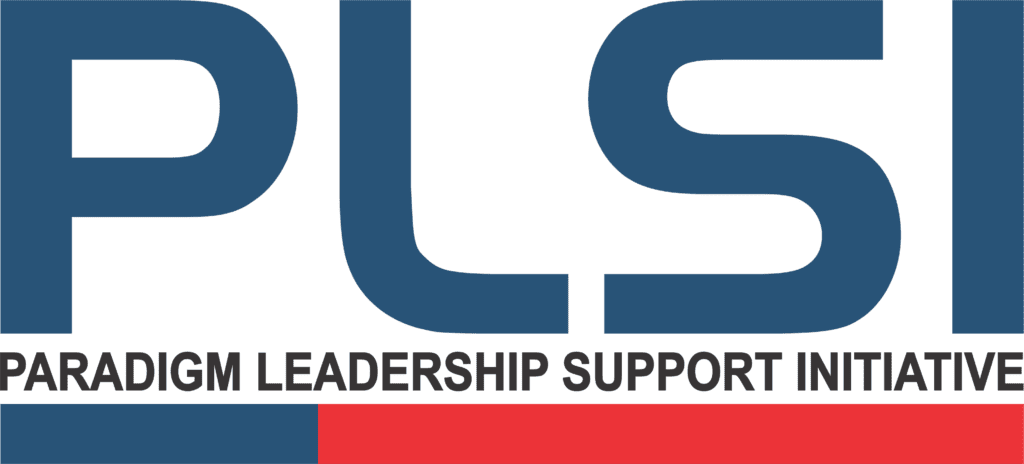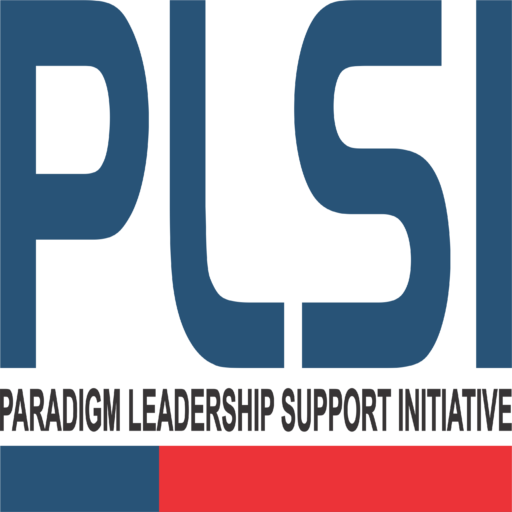Like many countries in the world, Nigeria is a democratic state and democracy provides citizens with civic powers, rights, and corresponding obligations to influence government policies, activities and decisions. Governance issues in Nigeria have not been fair to a common man as citizens in different parts of the country grapple with enormous challenges facing the country. Many people can no longer sleep with their two eyes closed due to insecurity which has engulfed virtually all parts of the country. Meanwhile, Nigerian citizens seem to have accepted their fate or have become comfortable with the unfortunate situation; thereby keeping mute and/or taking little or no action to bring governance to order or make the leaders in government accountable to the citizens.
One of the major characteristics of democracy is accountability. A democratic government should be accountable to the citizens. Government should prioritize the interests of the citizens. It is the responsibility of government at all levels to fulfill its end of the bargain of the enforceable social contract which implies that citizens should sacrifice their freedom for government protection of their lives and properties. It is therefore imperative that political office holders and civil servants should serve the interests of the citizens and not their parochial interests.
To achieve stability and good governance in Nigeria, there must be strict adherence to the rule of law. Also, for the principles of the rule of law to thrive in any society, there must be separation of powers to ensure checks and balances allowing all arms of government (Executive, Legislature and Judiciary) to function effectively. Similarly, constitutionally empowered oversight institutions like the Office of the Auditor-General must be allowed to perform its statutory functions.
The Nigerian citizens have the corresponding obligations to be law abiding in their daily activities. They must take steps to access information regarding government policies, review them and engage policy makers on matters arising there from. Nigerians should explore the constitutional provisions regarding their rights, duties and obligations and understand the enormous powers they possess to effect desired changes.
Finally, it is important to reiterate that citizens in Nigeria are not helpless despite many challenges confronting them. Rather the absence of sufficient participation in political and civic life has been a major obstacle to delivering required changes that will enhance good governance and foster development in Nigeria.
Join us at PLSI as we continue the journey of fostering public accountability in Nigeria!
Featured image from “article1000.com”
This piece was written by:

Judith Nwokoro – a staff of Paradigm Leadership Support Initiative (PLSI)

